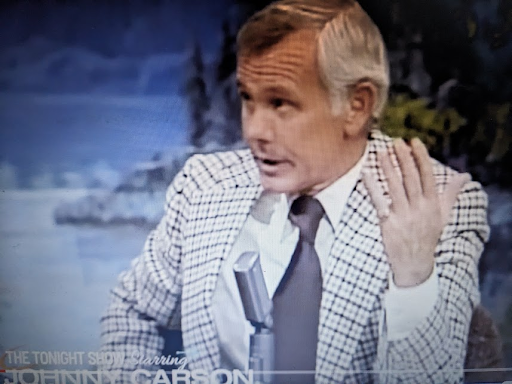October 23rd celebrates National TV Talk Show Day in the U.S.
Author’s Note: All research is credited to National Day Calendar, National Today webpage, LiveAbout, The New York Times,
TV talk shows. We know them and we can love them or hate them, and we can complain how every single celebrity seems to host their own show at some point or another.
Talk shows seem to have a love-hate relationship with their public. We can hear the juiciest new celebrity gossip, learn more about our favorite celebrities, or a dozen other reasons that anyone might flip the channel.
October 23rd commemorates National TV Talk Show Day in honor of all the talk shows that have aired since the dawn of the genre. Like anything, talk shows have evolved from their humble beginnings.
Talk shows aren’t solely for TV. In fact, they originated from radio programs in the 1930s and 1940s, since TV didn’t become a common household item until the 1950s, but everyone had a radio.
Once TVs were introduced to living rooms across America, networks began to pick up on the popularity of radio talk shows and began to film and air them for daytime viewing.
The very first Talk Show host met the limelight in 1951 when Joe Franklin hosted “The Joe Franklin Show” from a basement TV set in New York City.
Despite the less-than-favorable filming conditions that Franklin started with, the show went on to last over 40 years and included interviews with some of the biggest names of the century: President John F. Kennedy, Elvis Presley, Barbra Streisand, and Dustin Hoffman.
The success of the first TV talk show caught on, and not just because they were cheaper to film and produce than any sitcom. The public loved seeing their idols on screen and hearing about their lives outside of the spotlight.
In 1954, the longest-running Late Night Talk Show aired on NBC for the first time. Steve Allen, the original host of The Tonight Show, started the program that still airs today.
In 1962, Johnny Carson, the King of Late Night, took over the show and brought the genre to its peak during his thirty years as host, before surrendering the job to Jay Leno in 1992.
Carson brought some of the best comedies of the 19th century to the screen and brought an assortment of skits, jokes, and huge names into his studio.
October 23rd is also Johnny Carson’s birthday, thus National TV Talk Show Day permanently sets him as the standard for talk shows.
Heir to Johnny Carson’s fame was David Letterman, whose late-night show caught itself up in the comedy that Carson began. Letterman introduced new sketches such as Stupid Human Tricks, The Top Ten List, Great Moments in Presidential Speeches, and much more.
Letterman hosted multiple shows for almost forty years.
Today, the country still tunes in to watch Oprah Winfrey, Jimmy Kimmel, Jimmy Fallon, and many other talk show hosts. Audiences laugh and cry, latch on to the drama, catch up on pop culture and celebrity secrets, and see some of the craziest antics known to comedy.
Even if you aren’t a fan of the programs, they are still rolling on in popularity across the country.
